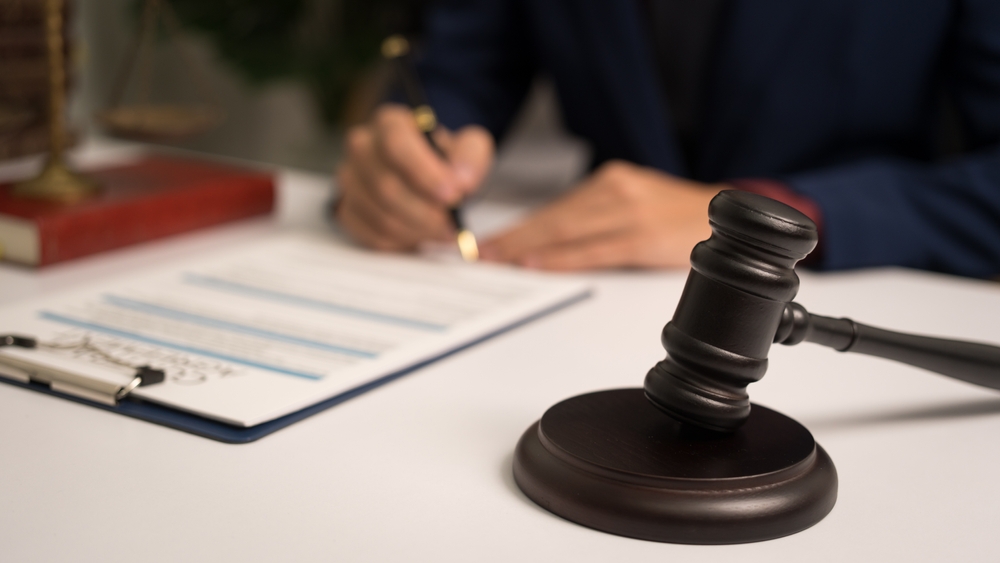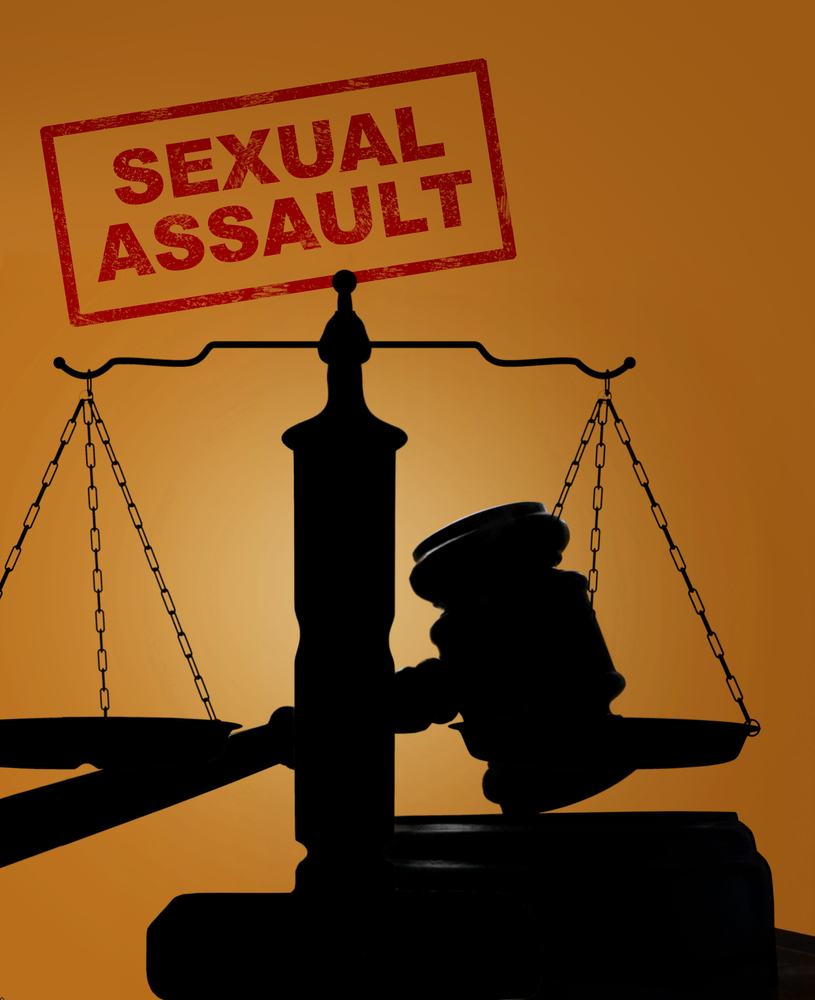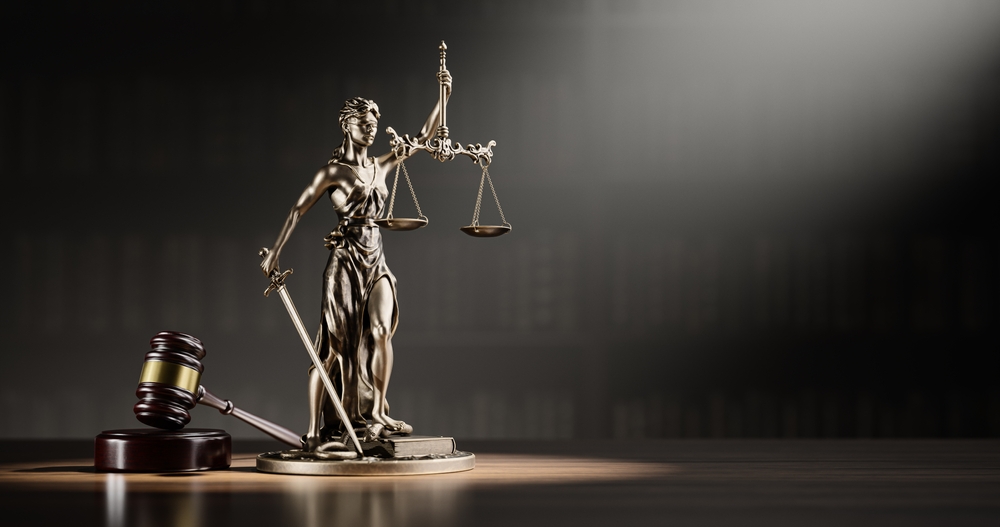Sexual assault charges are among some of the most serious that one can face in Canada. While many associate sexual assault with non-consensual physical contact of a sexual nature, the legal definition under the Criminal Code of Canada is broader than most people realize. Certain actions, scenarios, or misunderstandings may fall under the umbrella of sexual assault, even if the accused is unaware. Understanding what falls into the category of sexual assault is important to protecting yourself against allegations. Below, we’ll cover six things you may not be aware constitute sexual assault and what to do if you are ever accused of misconduct. Read on to learn more.
Common Misconceptions About Sexual Assault in Canada
1) Consent Can Be Withdrawn at Any Time
While most are aware that consent is required prior to engaging in sexual activity, it is just as important to know that consent must be ongoing, voluntary, and clearly communicated at all times. If either party initially consents but later withdraws permission or shows hesitation in proceeding, this is a violation of their personal rights and is considered sexual assault.
Examples of consent being withdrawn may include:
– Someone saying “no”, or “stop” during the sexual activity
– Body language that clearly indicates lack of ongoing consent
– Physically moving away or pushing away to indicate lack of ongoing consent
If, at any point, consent becomes ambiguous or you feel that your intimate partner may not be comfortable, stop immediately and do not continue unless you receive clear, enthusiastic permission to do so.
Remember, consent must be given freely, which means they must not fear consequences should they say no and must not feel pressured to comply in any way.
2) “Blackout” Intoxication Does Not Equal Consent
Consent must be given by someone who is of sound mind when consenting to any activity and not under the “blackout” or extreme influence of drugs and/or alcohol. The law does not prohibit consenting adults from engaging in sexual activity while intoxicated or under the influence of substances or alcohol. However, if a person is in a state of extreme intoxication, such that it is objectively obvious they cannot make a rational decision or understand the nature of the act, they cannot give consent to sexual activity.
For example, a person who is unconscious due to extreme intoxication, unable to stand properly, has severely slurred speech, or is incapable of walking coherently is likely not capable of giving consent. The courts have frequently ruled that a person in such a state of extreme intoxication or incapacity cannot have provided valid consent to sexual activity.
Engaging in sexual activity with someone who cannot provide informed consent due to extreme intoxication, even if they initially seem willing, is likely to result in a sexual assault charge.
3) Inability to Consent While Sleeping or Unconscious
A person who is sleeping also cannot give valid consent to sexual activity. As such, sexual activity with a sleeping person is illegal under Canadian law.
Even if an individual had given prior permission for someone to engage in sexual activity with them while they are sleeping or in a state of extreme intoxication, this is not valid under Canadian law. The Supreme Court of Canada, in R. v. J.A. (2011), established that consent must be actively given by a person who is conscious and capable of providing it immediately before the initiation of sexual activity. Consent cannot be “pre-authorized” for a time when the individual is unconscious, as it must be affirmative, ongoing, and contemporaneous with the activity in question. Therefore, engaging in sexual activity with a sleeping person, even with prior permission, would be considered sexual assault under Canadian law.
4) “Mistaken Belief in Consent” Must Be Reasonable
Intimate relationships can sometimes involve misunderstandings or miscommunications, but this does not excuse an assumption or mistaken belief that the other party has consented to sexual activity. Canadian law takes an unwavering stance on the necessity of clear, affirmative consent, placing a significant burden on individuals to ensure that consent is present. The defense of “mistaken belief in consent” can only succeed if the accused can demonstrate that they had an honest and reasonable belief that the complainant had consented to the activity.
To evaluate this defense, the courts apply both subjective and objective tests:
- Subjective Test: The accused must have genuinely believed that consent was given. However, this belief cannot arise from negligence, recklessness, or willful ignorance of the complainant’s signals or lack thereof.
- Objective Test: The belief in consent must also be reasonable in the circumstances. The courts assess whether a reasonable person, in similar circumstances and with the same information available, would have concluded that consent was given. This includes evaluating the accused’s actions and whether they took reasonable steps to confirm consent, as required by Section 273.2(b) of the Criminal Code of Canada.
The courts heavily scrutinize this defense, especially in cases where the accused relied on ambiguous signals, prior sexual history, or passive behavior to infer consent. For example, assumptions based on body language, silence, or lack of resistance are unlikely to be deemed reasonable without affirmative communication of consent.
Additionally, myths and stereotypes about consent are explicitly excluded under Canadian law. For instance, prior sexual history or the nature of the relationship between the parties cannot be used to imply consent. These protections ensure that the focus remains on whether clear, affirmative, and contemporaneous consent was given for the specific act.
If this defense is raised, the courts will carefully analyze the accused’s actions, including any attempts they made to clarify consent. Failing to meet the high threshold of both honest and reasonable belief will likely result in the defense being rejected, as Canadian law prioritizes the autonomy and agency of all individuals in sexual activity.
It is important to note that, in limited circumstances, evidence of prior sexual history between the accused and the complainant may be admissible at trial, subject to a rigorous screening conducted by the trial judge. It is advisable to consult with Mr. Vayeghan and his team regarding this complex legal issue.
5) Established Relationships DO NOT Equal Automatic Consent
A common misconception is that being married or in a long-term relationship grants automatic permission to proceed with sexual activity.
Canada does not recognize the idea of implied consent. In the context of sexual assault law in Canada, implied consent is not a permissible defense. Consent must be explicitly communicated through clear and voluntary words or actions that indicate agreement to the specific sexual activity at the time it occurs. The Supreme Court of Canada, in R. v. Ewanchuk(1999), firmly rejected the concept of implied consent, emphasizing that it cannot be inferred from silence, passivity, prior sexual history, or any other contextual factors. Consent must be affirmative, ongoing, and given without coercion, and the accused has a legal duty to take reasonable steps to ensure it is present.
Regardless of any existing marital or romantic relationship, consent must always be given before engaging in sexual activity. Pressuring a partner into sexual acts without their agreement is classified as sexual assault, regardless of relationship status.
6) Age of Consent Variations
The age of consent refers to the age at which a minor can legally agree to sexual activity of any kind, including kissing, fondling, all the way to sexual intercourse. In Canada, the age of consent is 16, though there are some key exceptions to be aware of, notably:
1. The age of consent rises to 18, if there is a position of trust, authority, or dependency between the two parties, and there must be no exploitation present
2. There is a “close in age” exception where a 14 or 15-year-old may consent to sexual activity as long as the partner is less than five years older and there is no relationship of trust, authority, dependency or any other exploitation of the young person.
Read more about Canada’s stance on the age of consent here.
What to Do If You’re Accused of Sexual Assault
If you are accused of sexual assault, it is essential to know what actions to take to protect yourself. The moments following being accused are critical, and what you do next will play a significant role in determining the outcome of your case. The following steps are critical:
1. Consult a criminal lawyer immediately
2. Understand your Rights
3. Document all interactions
4. Avoid contact with the complainant
5. Begin tailoring your defence
Learn more about what to do if you’re accused of sexual assault here.
Let Us Fight For You
Facing sexual assault charges can be daunting, but with the help of Mo Vayeghan of Vayeghan litigation, you don’t have to fight alone.
As a former Crown Prosecutor with extensive experience at every level of the British Columbia judicial system, as well as an Ivy League education from Columbia Law School and training from The Bronx Defenders in New York City, Mr. Vayeghan and his associates are proud to defend Canadians against accusations of criminal activity including charges of sexual assault.
As an experienced litigator with a background as a former Crown Prosecutor in British Columbia, Mr. Vayeghan knows how to navigate the complexities of cross-examination, how the Crown approaches criminal cases at all levels, and how to prepare his clients to face the legal system with confidence and peace of mind.
With substantial experience obtaining acquittals, reduced charges, and dropped charges from the Crown, Mr. Vayeghan and his team are here to fight for your right to fair and equitable representation for criminal matters in Vancouver and all over British Columbia.
CALL US NOW FOR A FREE CONSULTATION
More questions? View our FAQs here.



